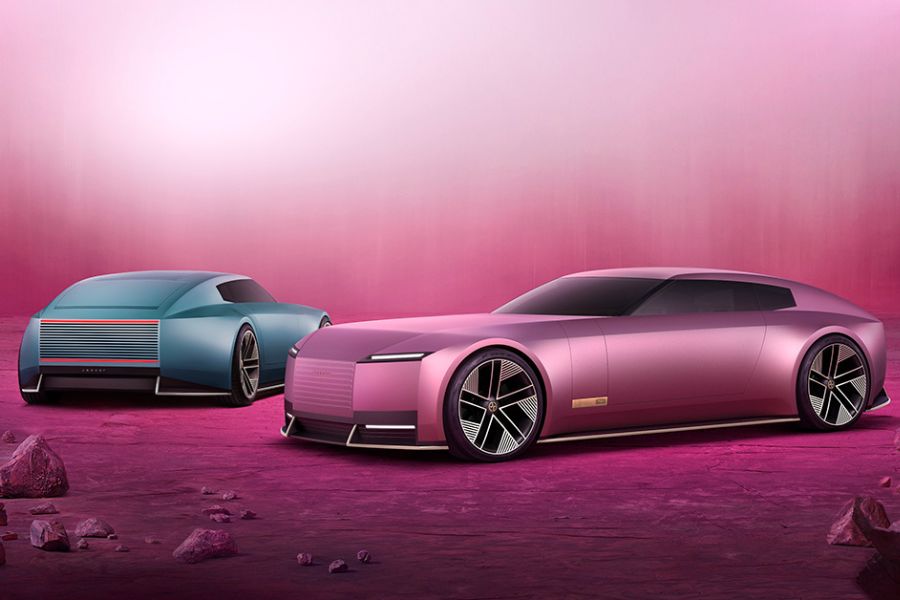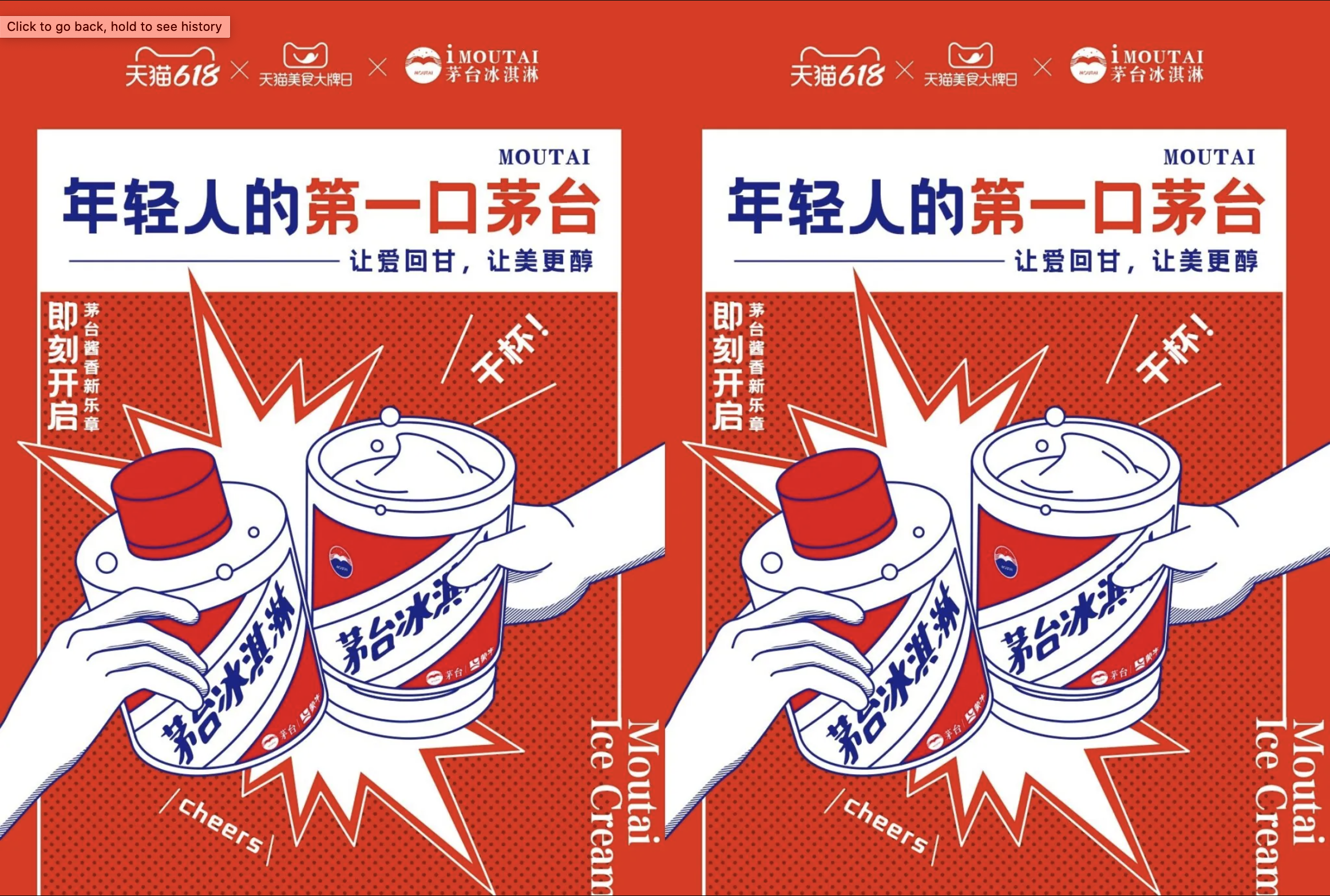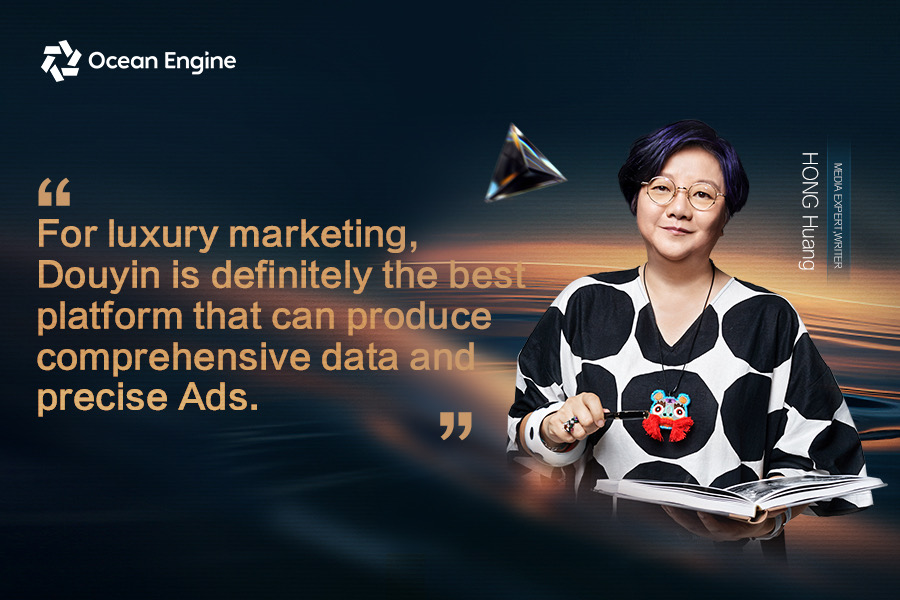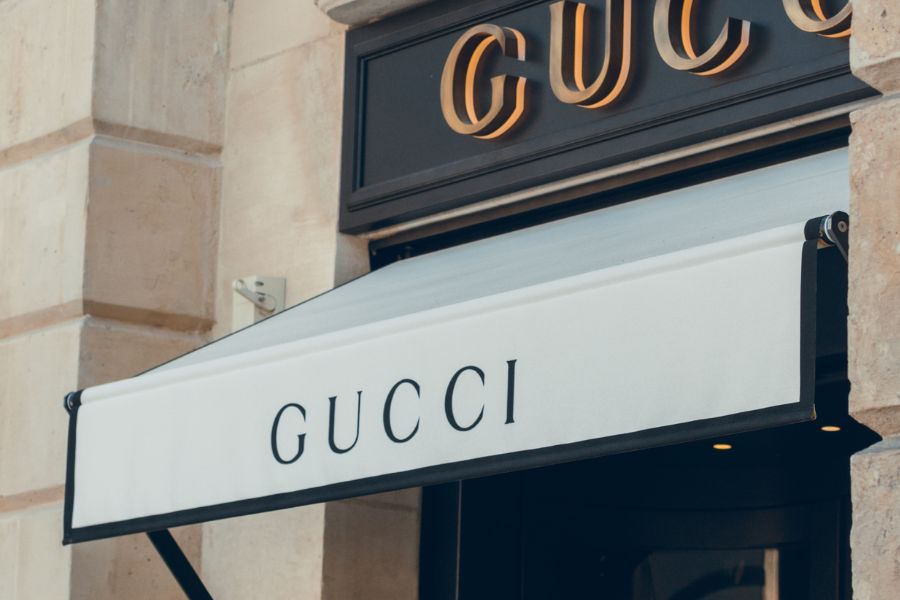Over the last few weeks, I’ve held several strategy workshops with luxury brand teams and one question kept recurring: What is luxury? Even among luxury brands the term is not used in a consistent fashion. Some brands prefer to call themselves “premium,” in part because they feel uncomfortable with the term “luxury.” Some use their prices as an indicator and group the competitive set from entry level to premium to luxury. Fundamentally, the definition seems fluid and changes from brand to brand.
Using price points may seem like a practical shortcut to define the term, but the difficulty is that high prices are just one of the many attributes of luxury. While a brand like Hermès is able to sell handbags for $50,000 or more, most other brands would not be able to sell a single piece at that price. So, while the price is observable, it does not explain what makes something luxurious. Moreover, it does not provide any direction for managers on what to do next.
In one discussion, the suggestion was that brands and products with many flashy logos are not luxury. This is also arbitrary and nothing more than a judgement about specific visual expressions that may or may not be a preference of some clients.
A better way to approach luxury with high managerial relevance is to think of luxury as the ability to create extreme value for clients. Hence, a brand has to flip the script and take the perspective of a client. If an individual client feels extreme desirability towards a brand in a way that is exponentially stronger than other brands in the category, then extreme value was created which then translates in a non-linear willingness to pay.
Hence, if there is no extreme value perception, there is no luxury. This is backed by years of academic research at my luxury strategy center Pepperdine University, which indicates that desirability, from a psychological viewpoint, is created through the anticipation of an individual perception shift across dimensions like attractiveness, perceived expertise, and the feeling of being protected within a social setting.
So rather than thinking of status, which is not directly manageable by brands, it’s much more useful to think of a set of psychological facets buyers anticipate will be enhanced through their purchase, as well as the trigger for the anticipation. Hence, desirability is created through the brand story, an area that too many brands still neglect.
Without a unique and authentic story, which, when done right, describes with precision the one thing the brand should be remembered for, there is no chance to create extreme value for clients in a highly competitive environment. Yet, more than 90 percent of brands today lack such a story. The misconception is that the story is optional. In luxury, it is what creates extreme value. Without it there is nothing, no matter if brands call themselves premium or luxury.
Daniel Langer is the CEO of the luxury, lifestyle and consumer brand strategy firm Équité, and the executive professor of luxury strategy and pricing at Pepperdine University in Malibu, California.











